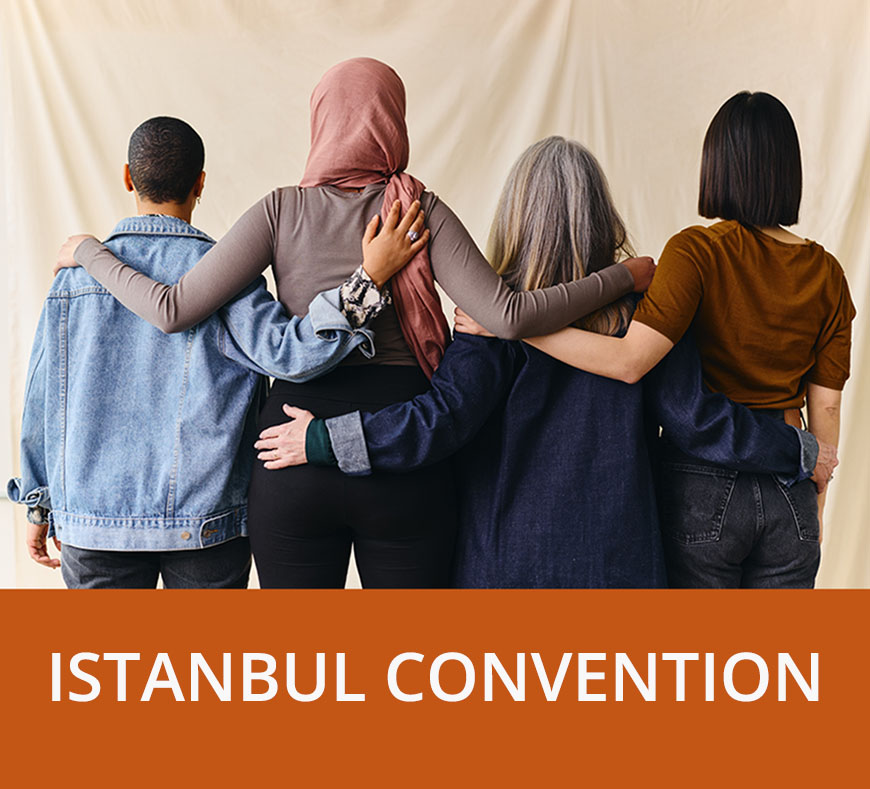Today, the Council of Europe Expert Group on Action against Violence against Women and Domestic Violence (GREVIO) published its baseline evaluation report on Georgia.
The report contains a comprehensive analysis of the implementation of the provisions of the Istanbul Convention in Georgia. It acknowledges the steps taken by the country to comply with the treaty and identifies areas where progress is still needed.
In its baseline evaluation report, GREVIO welcomes the many steps taken by the Georgian authorities to align laws, policies and institutional frameworks with the standards of the Istanbul Convention. It highlights a number of positive legal and policy measures such as the adoption of the National Action Plan on Combating Violence against Women and Domestic Violence and Protection of Victims 2018-2020, and the significant changes made to legislation in 2019 in terms of prohibiting sexual harassment, as well as raising awareness of the different forms of violence against women, as very important steps in implementing Georgia’s obligations under the Istanbul Convention.
However, the definition of rape and other offences of sexual violence in the Georgian Criminal Code still need to be amended, in order to fully incorporate the notion of the lack of freely given consent, as required by the Istanbul Convention. GREVIO also urges the authorities to improve the access to support services and protection mechanisms to women exposed to the risk of intersectional discrimination, such as those from national and/or ethnic minorities, women living in rural areas, women with disabilities and refugees, lesbian, bisexual or transgender women and older women. Urgent action should also be taken to ensure that criminal penalties imposed are dissuasive and commensurate with the gravity of the offence, and that courts take into account all incidents of domestic violence when deciding on custody or visitation rights. Besides, financial resources allocated to state and NGO actors should be augmented, and the involvement of the latter in anti-violence law and policy development increased.




